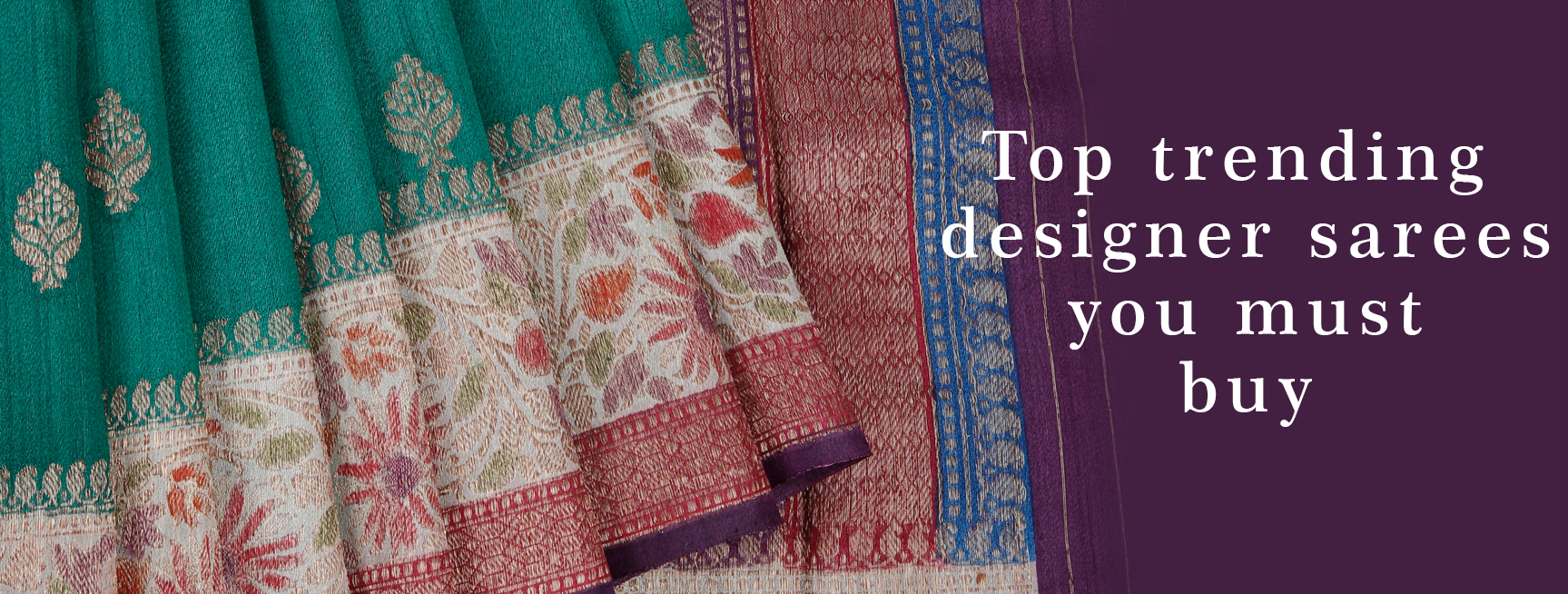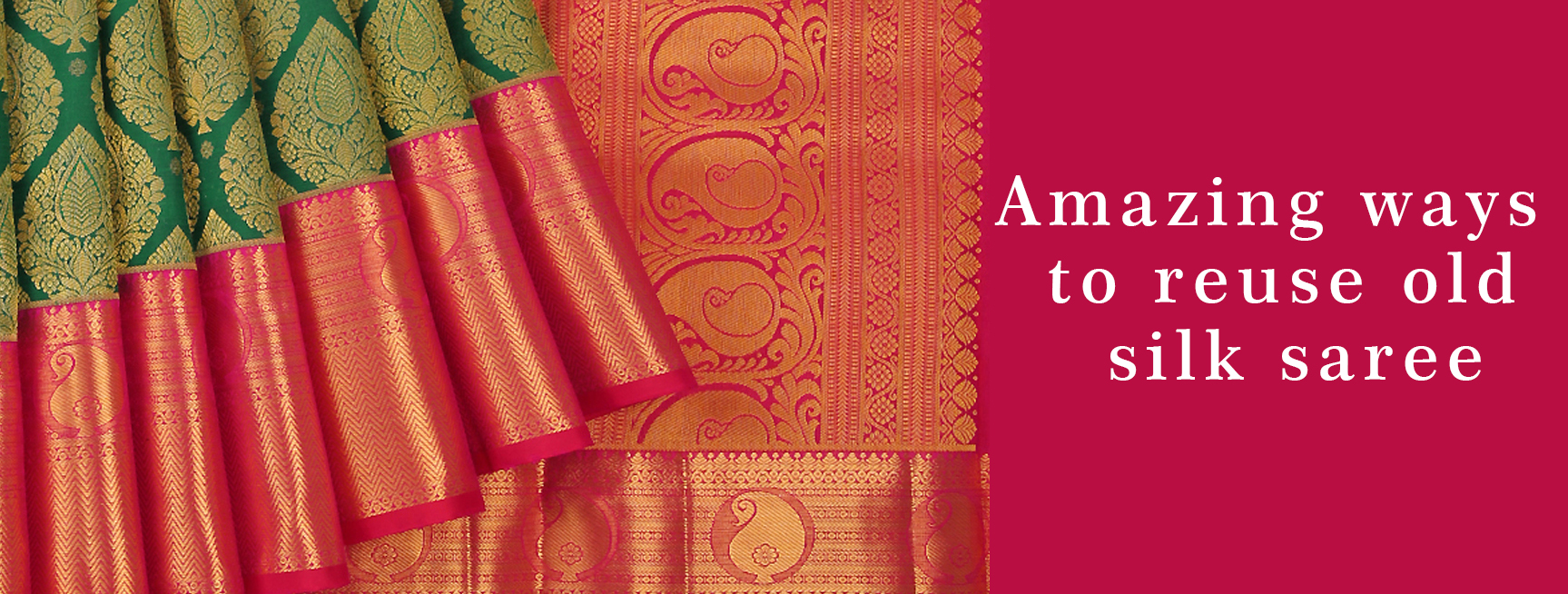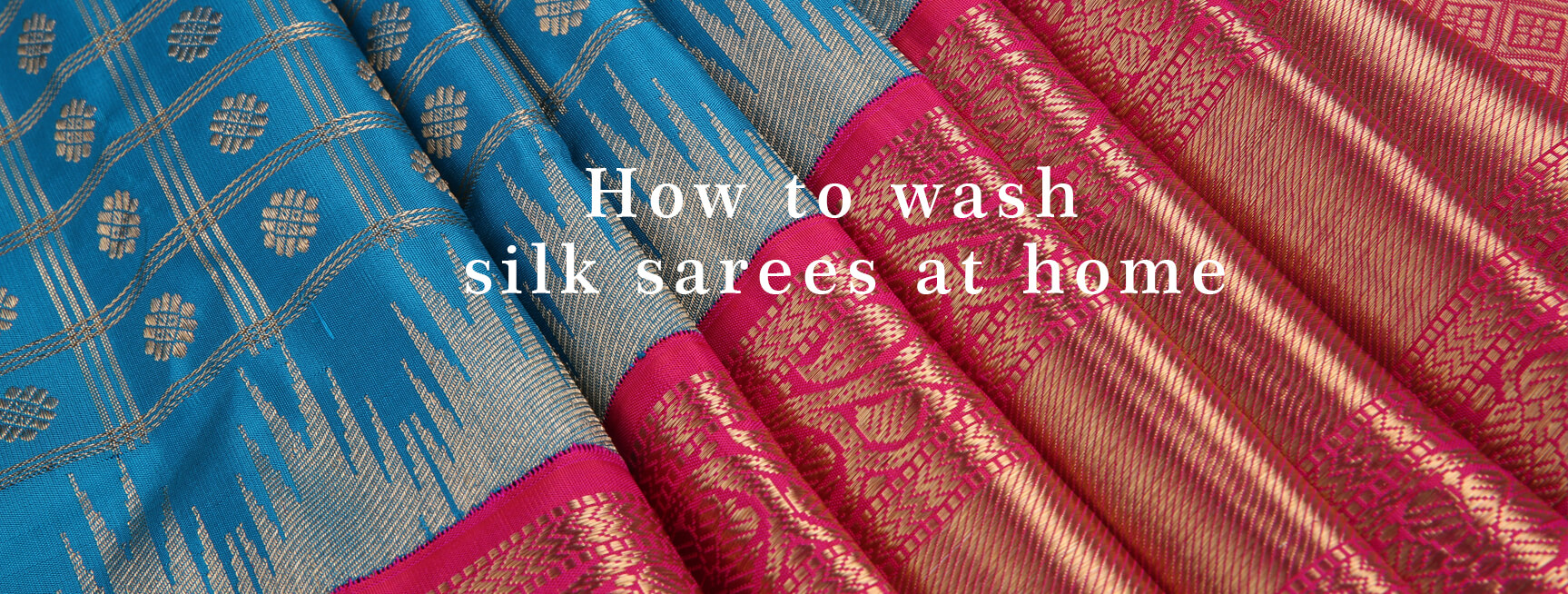
You will hardly find any woman who does not have a salwar kameez pair in her wardrobe. Simple and elegant, this ethnic clothing marks its presence at every occasion and social gathering. Every event begets a different cut and design of a salwar suit, with the fabric accentuating its embroideries and patterns.
The ease and poise with which you can carry a salwar kameez is far much easier w.r.t any other outfit that makes you uncomfortable either due to the weight of its fabric or intricate design.

Carrying a saree with ease is the ultimate act of grace by any woman. The show of regality portrayed through all its folds and frills becomes more evident in sarees that infuse various designs and styles inspired by the perfect mix of traditional and western ensembles.
The fusion is not limited to colors alone since creative minds put together various fabrics, weaving styles, and stitching techniques to give way to designer sarees that trend for their uniqueness and their distinct approach towards arranging ruffles in them.

There is a common fact that underlines the love for both gold and silk. It is these materials’ striking and unmatched sheen that makes them a favorite among all women. The insatiable thirst for the gloss that silk is famous for has prompted many to repurpose old silk sarees by remodeling them into shiny new outfits.
The struggle to determine ways to reuse those old silk sarees of your mother/grandmother is real. If you are also brainstorming, convert them into dresses that you can frequently wear on different occasions.

Pochampally sarees or Pochampally ikats are differently designed using geometrical patterns as opposed to most other silk sarees with floral or temple patterns on them. Named after the district in which these sarees are produced, Pochampally sarees are dyed in the traditional ikat style so fashionably that they can give other ikat producers a run for their money. Reputed for their distinct designs, these sarees gained fame owing to the use of fabric that blends comfort with the splendor of silk fabric.

Silk sarees are delicate and expensive, so there is a lot of debate regarding how to wash them and if you can wash them at home. Washing fabrics like silk may seem no less than a Catch-22 situation owing to its delicate nature. Read the label of the saree to check what the manufacturer has recommended. In some instances, they recommend dry cleaning as the only cleansing option.

The tale of the fabulous fiber dates back to the Tipu Sultan era where the demand for this silk prompted an entirely new silk industry in the region during that period. Silk production got prevalent in Mysore and became one of the most profitable and widely accepted cultures during those times.